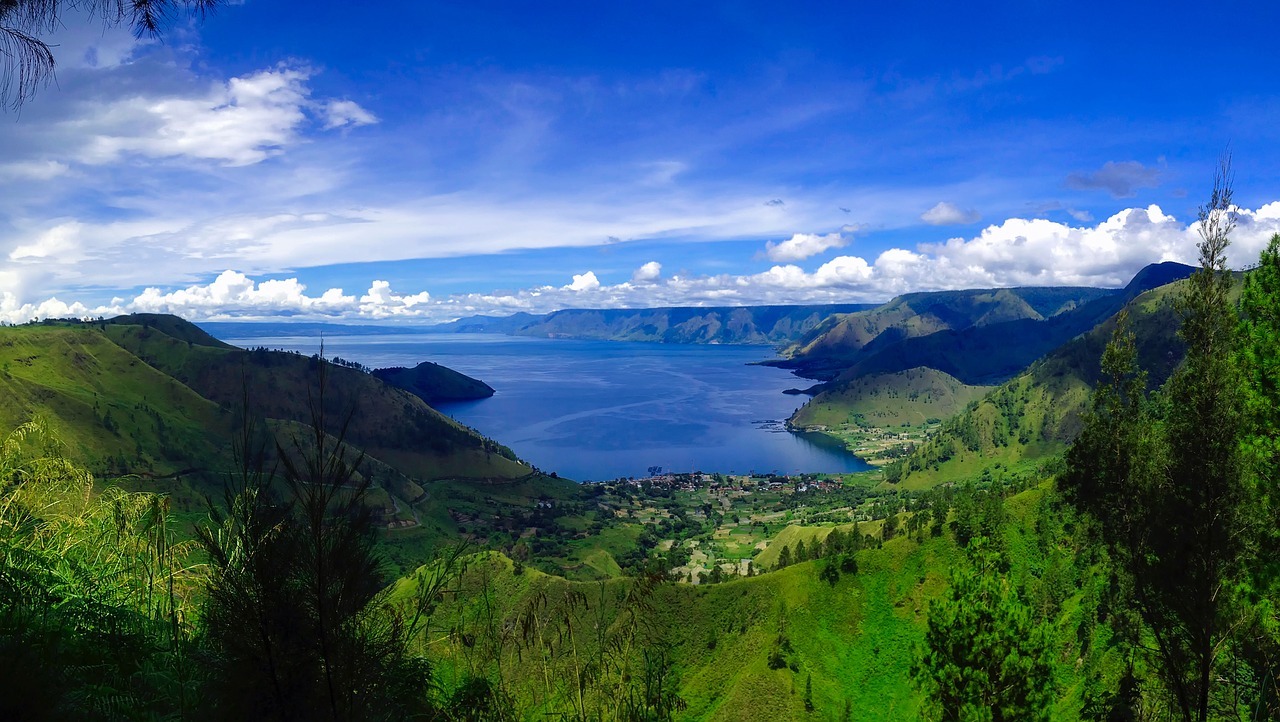CELTH active in living lab on Sumatra
Universities of Applied Sciences increasingly see opportunities in the field of internationalisation. During the second WINNER conference (from 26 to 28 October), the many facets of education and research cooperation between the Netherlands and Indonesia were discussed. In the field of tourism, water management and agriculture Dutch HBO works together with Indonesian partners. Whether it concerns 'living labs' or 'pressure cookers', the local question always forms the basis of the applied research. CELTH has set up a living lab around Lake Toba (Indonesia). The aim is to realize sustainable tourism development together with the region North Sumatra.
Ten new Balis
“At CELTH we are talking about conscious destinations, where burdens are in balance with benefits. How can you earn money without damaging the beautiful nature and the local communities? In other words: how do you balance tourism?” That's the question asked by Jasper Heslinga, lecturer-researcher at NHL Stenden and program manager of CELTH (Centre of Expertise Leisure, Tourism and Hospitality), in which, NHL Stenden, Breda University of Applied Sciences and HZ University of Applied Sciences also collaborate. When the Indonesian government launched the plan to create “ten new Balis”, the CELTH team stepped in. Because Dutch higher professional education institutions could contribute to the Indonesian tourism ambition. Lake Toba was designated as one of the 'new Balis', a large crater lake in North Sumatra. Jasper: “It is such a beautiful area. If that were to be developed in the 'Bali way', then that ecosystem could just be destroyed.” Can't Toba be developed sustainably, so that the local farmer can also benefit from tourism? With that question, CELTH decided to set up a living lab around Lake Toba and to use applied research for sustainable development in North Sumatra.
Using the problem-solving capacity of students, entrepreneurs and local administrators
Jasper: “Normally a researcher comes to see how things are going and then writes a report. With this living lab we turn it around: we actively work with the problem-solving capacity of students, entrepreneurs and local administrators. In March 2020 we made an inventory of the themes that need to be investigated. One of the themes that emerged was 'human capital'. How can local entrepreneurs continue to earn a living from tourism in a sustainable way. Dutch students from CELTH universities of applied sciences are now working together with Indonesian students to solve local problems. Jasper: “One of the cases we are currently studying is about plastic and waste management. Coincidentally, we have a research group on sustainable plastics within NHL Stenden. We immediately involved them in the project.”



